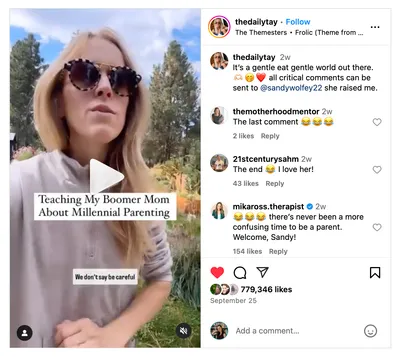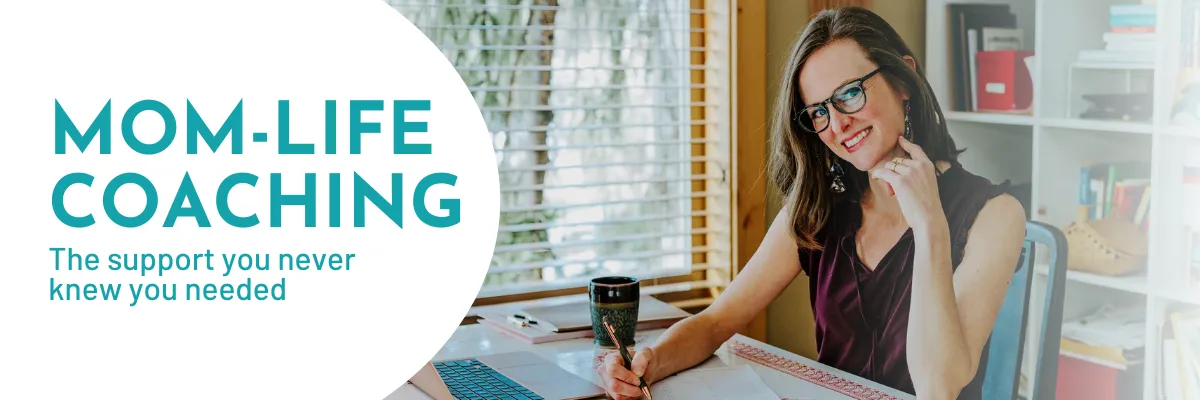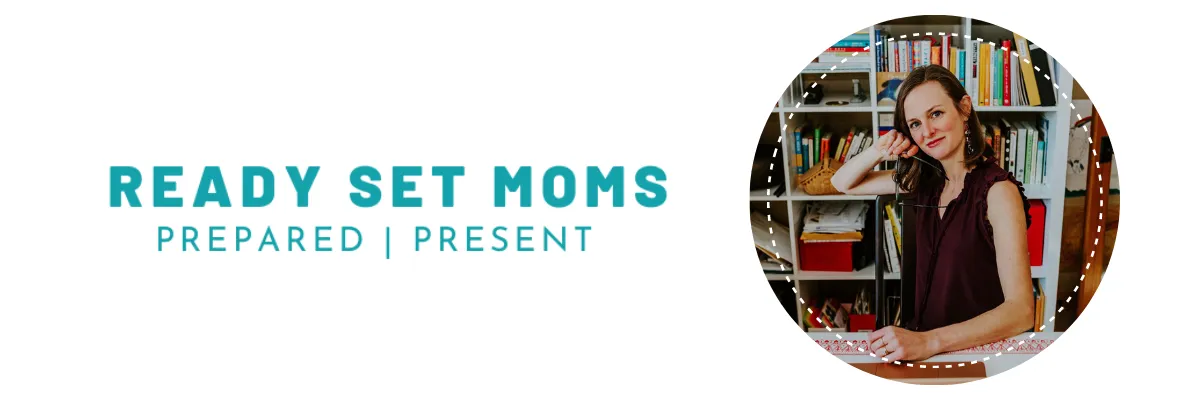How To Have Tough Conversations as a Parent

Tough Conversations as a Parent
If you worry about how to keep your kids safe, but you know at some point you’ll have to let them out of your sight, but at the same time you feel awkward about having tough conversations about difficult things with them or the adults you’ll entrust them with, I’ve written this for you. And “you” includes “me.”
Have you ever heard about parenting as a gradual letting go? Picture drawing a dot in the center of a piece of paper. That dot is you and your child together. As years go by, the physical distance between you as the parent and your child grows, revealing that you’re not one dot but two. The distance between the dots grows and shrinks as the children go out in the world and return to you and go out again and again, farther and farther.
- The radius goes from zero — inside the womb (for birthing parents)
- To the bassinet next to your bed
- To the crib down the hall
- To the playpen while you go downstairs flip the laundry (Grownups come back!)
- To giving the baby monitor to your pregnant friend because you don’t need it anymore
- To dropping them at preschool for a few hoursl (so you can wash your hair, turn around twice, and pick them back up)
- To a full day at school
- To drop-off playdates
- To sleep-overs
- To sleep-away camp
- To going off to college
(😭 TOO SOON!)
((Of course, mileage may vary.))
It's our role as parents to equip our children to handle the responsibilities and trick situations that come with increasing distance and autonomy the best way we know how.
At first we have total responsibility for our children’s safety, perseverating over car seats and baby formula brands. And as they grow up, we hand over more and more responsibility to them. Such is life.
In the context of Ready Set moms, I’m interested in the parents’ perspective and experience of that transfer of power. I want us to feel that we’re doing enough in a world that often feels unsafe.
First, I’ve got to call it like it is:
No matter what age our kids are, it's an uncomfortable truth that we don't have as much power to keep our kids safe as we might like to think.
Those prenatal vitamins MAYBE made a difference in fetal development, but more likely taking them made us feel that we were being good moms. That pressure to be a good mom bears down on us even before we even get the job title.
A feeling of total responsibility can break a mom if you let yourself believe that you and only you, at maximum vigilance at all times, is what can keep your child safe.
It might sound like: “If only I… then my child….” It’s a recipe for burnout.
So please, be on the lookout for that tendency toward hyper-vigilance and the delusion of control. Once you notice it, honor it, and see how you can keep your child safe while also letting them experience life and grow, and allowing yourself to take deep breaths.
When protection becomes over protection
As American social psychologist Jonathon Haidt wrote in “The Coddling of the American Mind: How Good Intentions and Bad Ideas Are Setting Up a Generation for Failure,” parents’ protective instincts can have a paradoxical effect on their children: Treating children as fragile makes them fragile. This can impact their confidence and overall mental health.
“In general, Haidt argues that this generation is more fragile and sensitive to conflict, insults, and exclusion, making them less adept at solving problems on their own. And Haidt believes that overprotection has made them weaker and easily discouraged.” — The Big Think
As he covers in Coddling and “The Anxious Generation: How the Great Rewiring of Childhood Is Causing an Epidemic of Mental Illness” a major lifestyle difference is the minimization — or complete removal — of free play. Kids playing with other kids in the neighborhood, unsupervised, disconnected from devices (e.g. social media), taking risks, resolving their own problems.
Now’s a good time to move onto the next point – So if we parents of this generation truly want what’s best for our kids, including letting them grow up (developing social skills, confidence, problem-solving abilities, etc.) and eventually launch into adulthood:
What are we supposed to do when the physical distance between us and our children grows faster than their judgment? When the parent-child relationship is stretched?
Another often-referenced (though perhaps not hard science) fact of life is that the human brain “doesn’t finish wiring” until age 25. Human brains develop into adulthood, and “the risk management and long-term planning abilities of the human brain do not kick into high gear” until 25.
If you’re into the connection between brain development and behavior, The Whole Brain Child, by Siegel and Bryson, is an excellent resource.
Here are 3 approaches for you to consider and try on:
1) When you are with them, help them develop their sense of judgment, and to trust it
You know, how instead of saying “Be careful,” as mothers today we’re guided to ask: “What’s your plan?” Open-ended questions for the win.
@thedailytay
(Good gracious it’s uncomfortably funny because it’s true.)
My kids LOVE to climb — the trees, the walls, the world. Sometimes they fall. Sometimes I let them. (Don’t call the cops). Sometimes the risk is too much, they don’t perceive the danger, and I need to be the noticer for them. (It’s called parenting.) It sounds like: “You’re so high up that little branch is starting to bend under your weight. I’m afraid it’s going to snap. Time to come down two branches.”
Some Ready Set Mom perspective on risk
Here’s a good idea: you need to tune into YOUR comfort with risk plus your child’s. It doesn’t matter if your mother thinks your child’s behavior is too risky, or if your partner says you’re being too cautious. You deserve to trust your own judgment, as you teach your child to trust theirs.
2) Help them see and understand the consequences of their actions
For instance, AFTER the crying has stopped, ask them, “So, what was happening BEFORE you crashed your tricycle into the wall? Oh, you were blindfolded? Did that make it hard to know the wall was there?”
3) Give them an out. When something feels wrong, let them blame you
It can be hard for kids to use their voice and speak out against the crowd.
One of the greatest gifts my mom gave me as I was growing up was to let me blame her when I was in a difficult situation and didn’t want to go along with the crowd. “My mean mom won’t let me chuck rocks off the overpass.”
Difficult parent conversations and how to have them
OK OK. So we’re parenting our kids, we’re having open communication around tricky topics. But children, even the most well-behaved, are wired to push boundaries and test limits. This is how they experience the world and grow.
In the heat of the moment, they’re also susceptible to forgetting what mom said or giving in to that peer pressure as an immediate reaction.
So, while we’re accepting the inevitably of the increasing radius, how ELSE can we protect our kids?
In addition to being clear with our kids, we can be clear with a lot of people or other adults in their lives, which might include a family member, childcare providers, or the parents of their friends.
Four key topics come to mind: guns, water, supervision, and online safety.
Depending on such factors as your family dynamics, how old your children are, where you live, what hobbies you enjoy, what allergies or medical conditions your kids have, other difficult topics and other hard conversations might be necessary. (Alcohol, drugs, driving, and so on. What am I naively missing?)
Regardless of the topic, the approach I live by and would recommend to you is the same:
- Lead by example. When possible, host your kids’ friends at your house for the first time (before your kid goes to theirs). And before hosting, broach these challenging conversations and share how you handle them at your house.
- It’s ok to feel awkward. If you’re feeling awkward, being transparent about that can be a great strategy. You can say something like, “I’d rather have a mildly uncomfortable conversation now than a tragic one later. So I wanted to share our family policies on a few topics.”
- Make it easy. Use the mode of communication that’s most comfortable to you — text message, phone call, a quick in-person meeting; when you’re making plans or at the door at drop-off. Then, keep open lines of communication.
- Make it about you. Make it clear that you’re speaking for yourselves. “We’ve put some thought into these topics and here’s where we’ve landed. Obviously other families might make different choices, but since your kid’s coming over here, I want you to know what you can expect.”
Remember, we all have a common goal at the end of the day: to keep our kids safe as best we can. Productive conversation and leading by example can help build a strong foundation for a safe space for your kids.
Here’s an example of how I communicate hard topics with the parents of my children’s friends the first time they’re coming over. It doesn’t need to be a serious talk. Here’s what I mean:
Hi Jill! We’re excited to have Joey over on Thursday. Since this is the first time he’s coming over, I wanted to share what you can expect.
((I’d rather have a mildly uncomfortable conversation now than a tragic one later. So I wanted to share our family policies on a few topics.))
Guns: We do not have any unsecured guns in the house.
Water: Our hot tub is secured, the kids will not be going to the community pool or down to the river.
Supervision: I’ll be home while the kids are here. The kids might play in the playroom (within earshot), or up in G’s room (largely unsupervised), or outside in the yard + on the neighbor’s trampoline (largely unsupervised).
Online safety: The kids won’t be online, devices, or video games during this play session.
I’ll meet them at the school bus and serve snacks. Excited for this! Please pick up between 4 and 4:30. If you’d like to pop in for a cup of tea, see you at 4!
Mom-Win: Be the parent who has the tough conversations
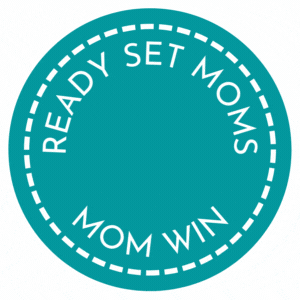
Next steps:
- Copy the above script
- Open your Notes app
- Paste
- Edit to make it yours
Next time you’re hosting a playdate (even if it’s not the first time) — copy/paste it over to a text with the parents to find some common ground.*
*Bonus if you send it to both parents + your partner instead of assuming the moms are in charge of all things at all times.
My perspective on keeping our kids safe
My takeaways from John Haidt’s work, plus taking some time to contemplate my own values and life circumstances:
Less is best — when it comes to technology, worry, and hovering
More is best — when it comes to free play, measured risk, letting kids work things out
Open communication (and therefore, difficult conversations over sometimes sensitive issues) with other parents might feel awkward at first, but it’s worth it so we can foster a community where our children can grow up learning to trust themselves and each other.
I fear I’m putting myself out there for criticism with this one. Families have experienced terrible tragedies and accidents and wrongdoing.
“If only I….”
“If only I had been there.”
“If only I had listened to the little voice in my head.”
The very best we can do for ourselves and our children is to trust our intuition. When to listen to that little voice, and when to calm it. When to bring up a difficult subject, and when to take a deep breath to quiet those well-meaning feelings that aren't helping.
We won’t always get it right. And neither will our children.
I started writing this newsletter on an airplane. The lightness of traveling solo coupled with my thoughts about keeping our kids safe inspired the following poem. I hope you like it.
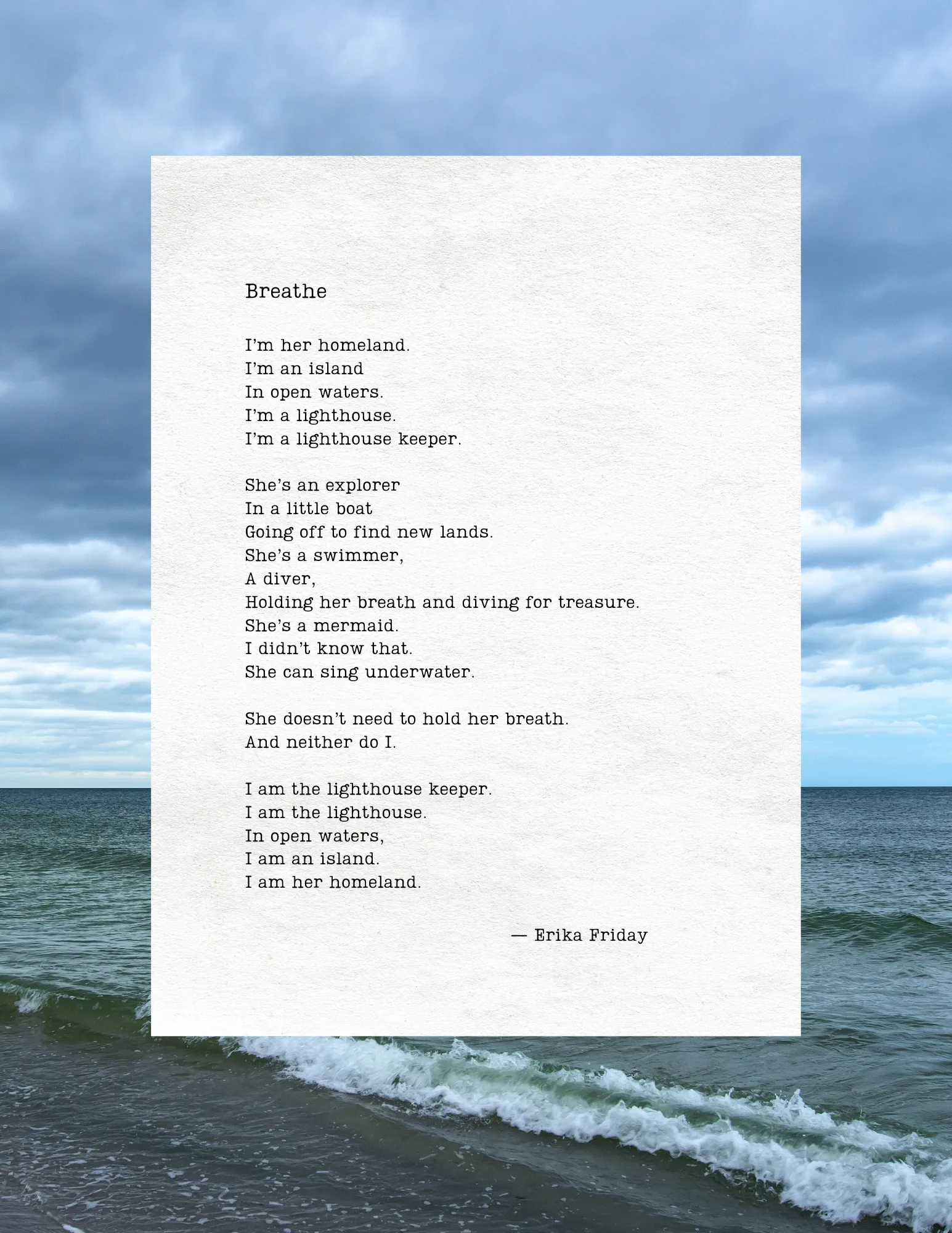
This post was all about how to have tough conversations as a parent. If this meant something to you, you might also like:
How to let go of perfectionism in motherhood
5 Ways to Start Taking in the Good
Resentment in Motherhood and What it can Teach Us
If this post helps make your mom-life easier,
subscribe to the weekly-ish newsletter and never miss a post.


